Jack Thrower
Senior Economist
According to Australia Institute polling released today, nearly three in five (58%) Australians think university should cost less than $5,000 per year, and half of these (29% overall) people believe that degrees should be free. In reality, university is much more expensive than this.
Only a small subset of degrees costs less than $5,000 per year
Next year, the cheapest undergraduate degrees will cost just under $5,000 per year. However, this only applies to a small number of fields, including nursing, teaching, and agriculture. The second-cheapest category of degrees will cost nearly double: over $9,500 per year. This rate applies to most STEM fields, such as sciences, information technology and engineering.
Many degrees cost well over $10,000 per year
Three in four (77%) of Australians think that students should pay $10,000 or less per year for a standard degree. However, degrees like medicine and dentistry cost about $13,600 per year, and widely popular arts, commerce, and law degrees cost over $17,000 per year.
How did we get to a place where university fees are so out of step with community expectations?
A bit of history
Rising student fees are a long-term problem that accelerated under the Morrison Government.
Under the original 1989 HECS system, student contributions were modest, only $1,800 per year, whatever the subject. These contributions increased annually in line with the university’s rising costs.
Since 1989, various government reforms to this system have meant that most student fees have grown much quicker than general inflation. This started under the Howard Government in 1996, when fees were partially deregulated, meaning different courses were priced differently.
Prices were based on a mix of:
- the cost of teaching — for example, teaching dentistry is more expensive than teaching history, and
- the graduate’s expected earnings — for example, law graduates tend to earn more than creative arts graduates.
Morrison supercharges degree fees
In 2021, the Morrison government dramatically changed student fees through the Job-Ready Graduates Package. This lowered student contributions for some courses, such as nursing, education, and agriculture. Popular subjects such as social science, law, and commerce became much more expensive.
The cost of most social sciences and humanities subjects more than doubled. This runs directly contrary to the Howard era justifications for differential fees. Arts degrees are both cheaper to teach and have lower expected graduate earnings, yet they now have the most expensive fees.
The Government claimed the reform would encourage young people to study priority subjects. This didn’t happen. One analysis found that less than one in fifty (1.5%) students swapped their field of study because of the change.
Subjects the Morrison Government deemed national priorities, such as agriculture and nursing, now cost less than $5,000 per year. This is both in line with what the public thinks university degrees should cost and roughly what degrees would now cost if fees had only grown with general inflation since 1989.
High fees create huge debts
As university fees have become more expensive, average student debts have grown significantly. From 2006 to 2025, average student debts for people in their 20s more than doubled, from $12,600 to $31,700. If these debts had only grown with general inflation, today they would only be about $20,700, fully $10,000 smaller.
The time it takes to repay these growing debts keeps rising. Official statistics show the time it takes to fully repay a debt has increased from 7.3 years in 2006 to 10.2 years in 2025.
The problem is likely much worse than this. Official figures only include fully repaid debts; they do not estimate how long students will take to repay outstanding debts. This means they will not reflect the impact of the Job-ready Graduates Scheme until — and, indeed, if — graduates finally repay their debts. What’s more, the figures are calculated against all debts ever repaid. As a result, figures are skewed downwards by historical debts that took less time to repay.
Next steps
Though Labor opposed Job-ready Graduates in 2021, it remains in place under a Labor Government, now in its second term. The Albanese Government has made several positive changes, changing how debts are indexed and repaid, and reducing existing debts by 20%. However, as long as fees remain high, student debts will continue to mount. If the Government were committed to reversing the long-term rise in student debts, then scrapping Job-ready Graduates and realigning university fees with public expectations would be a priority.
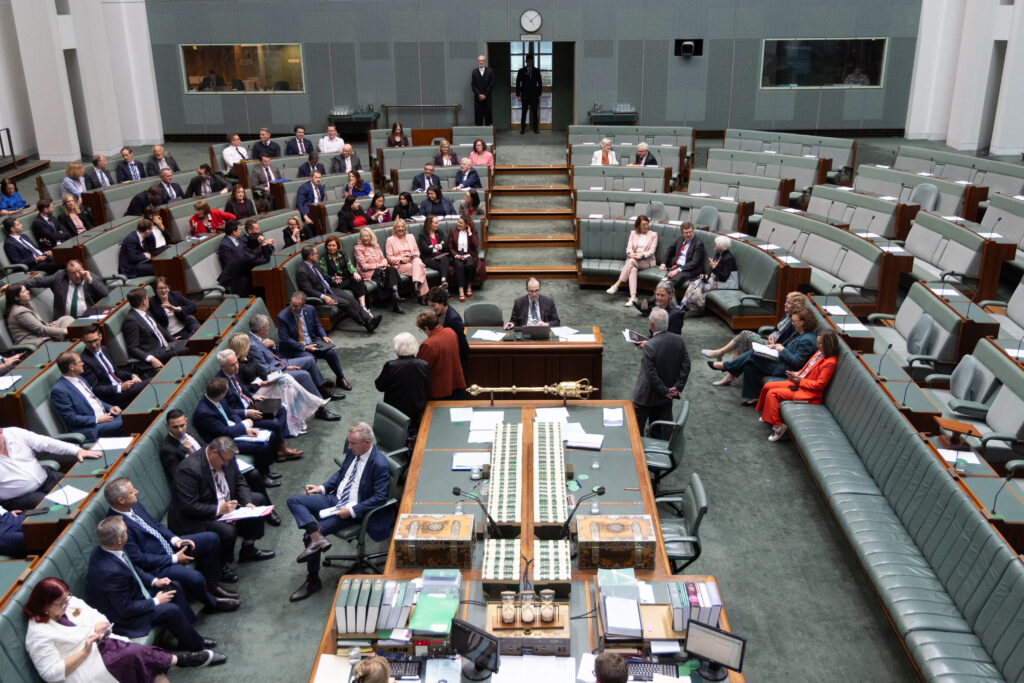
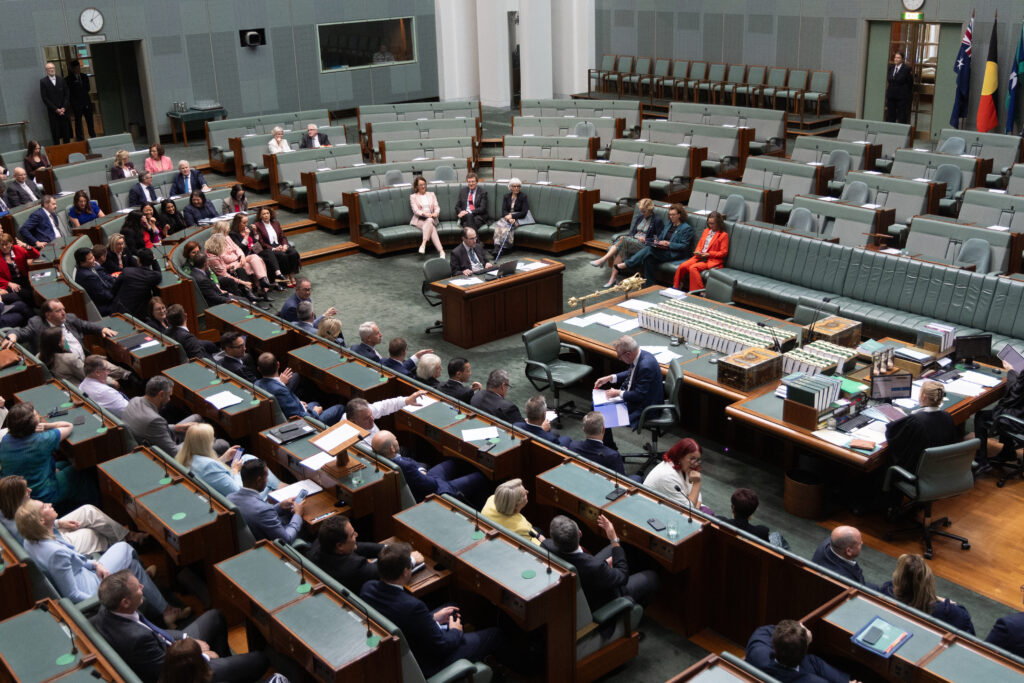

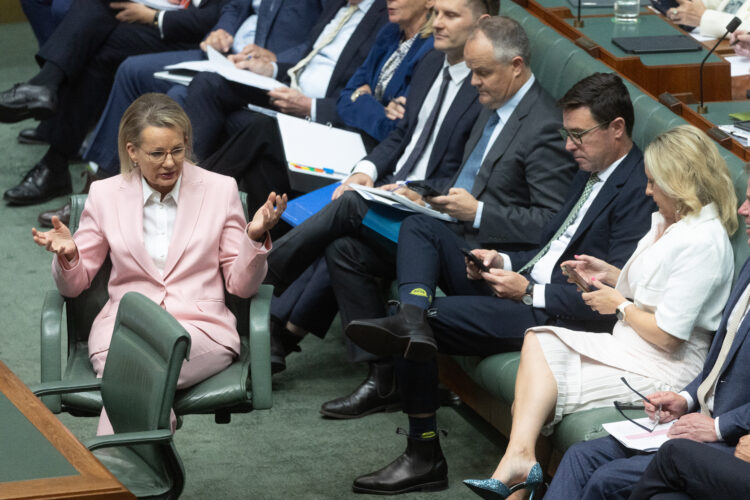
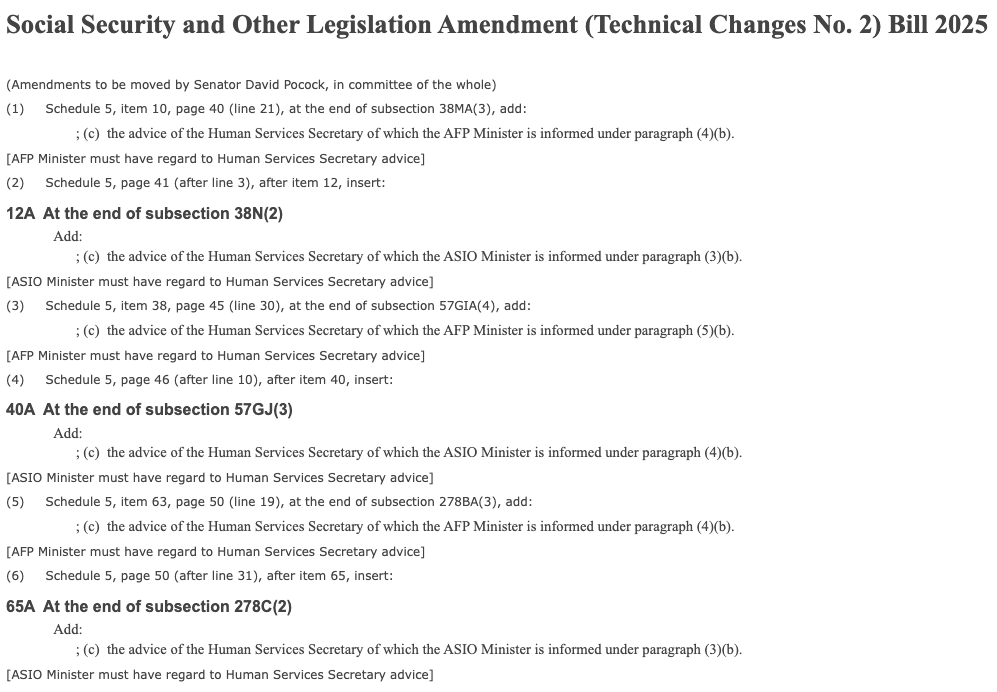
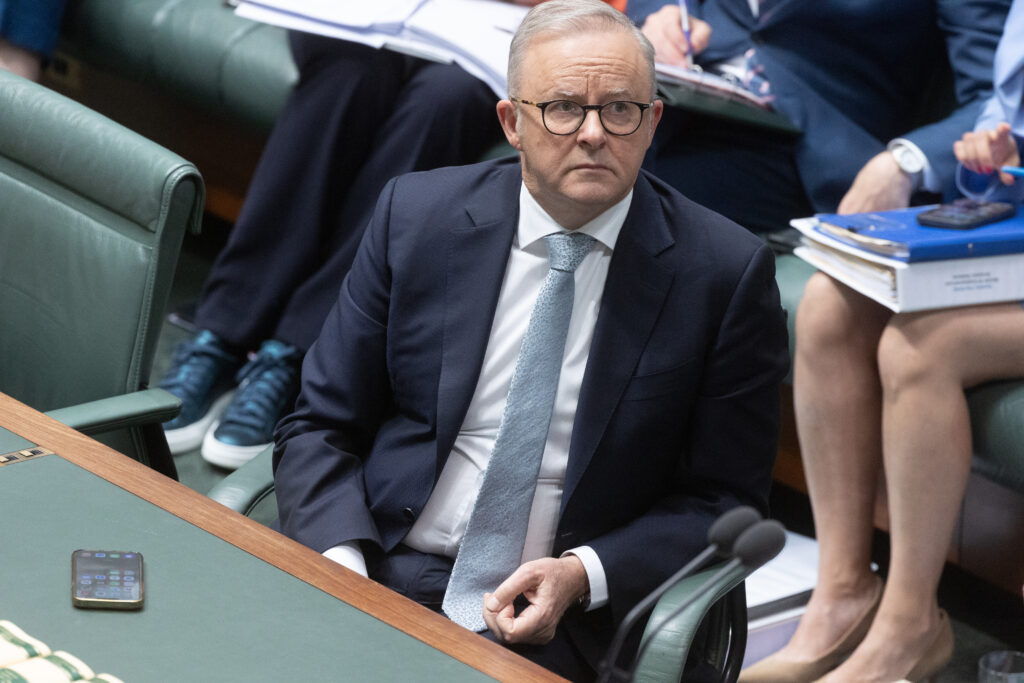
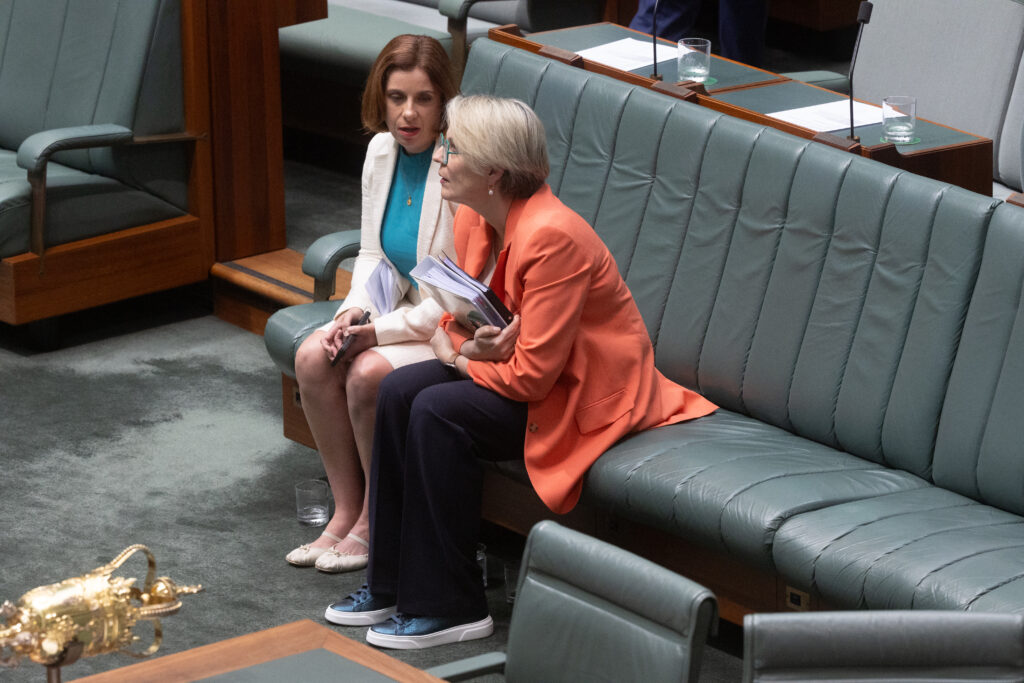
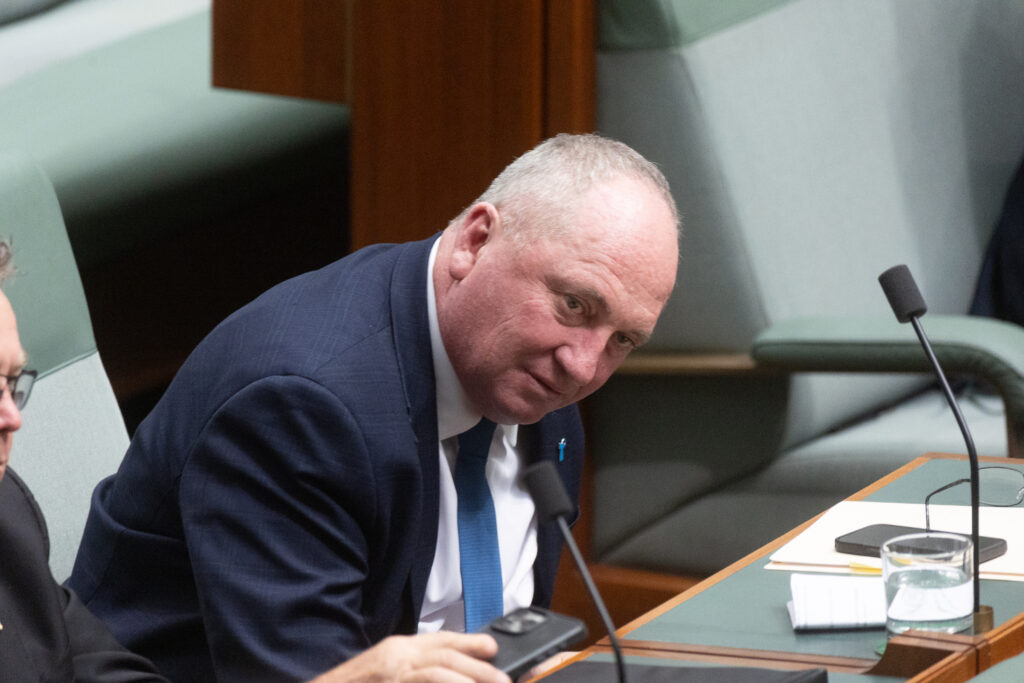
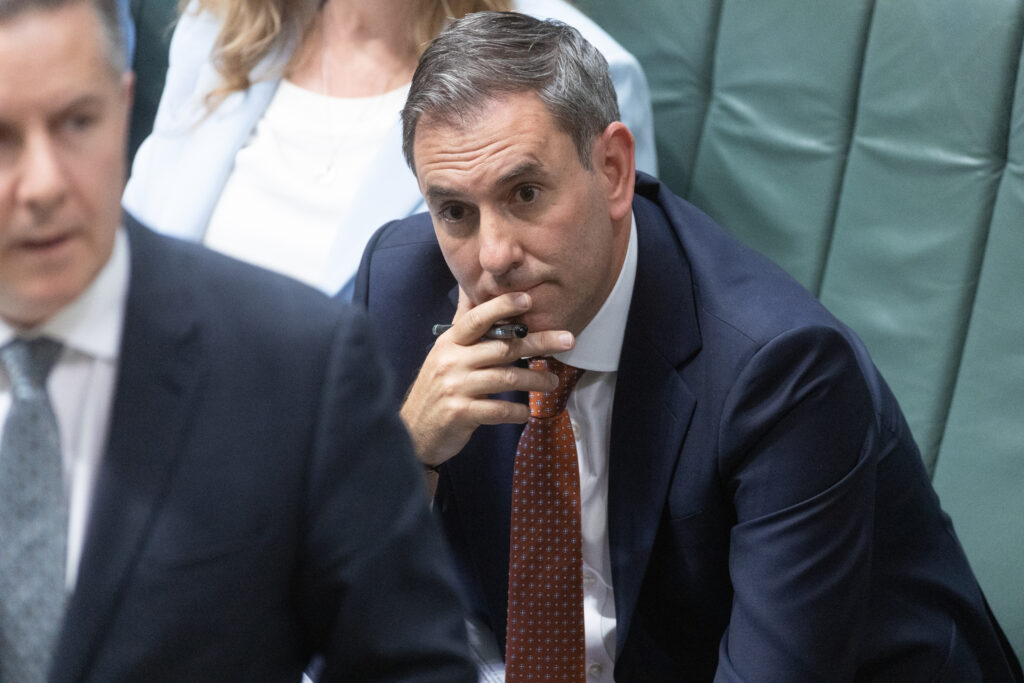
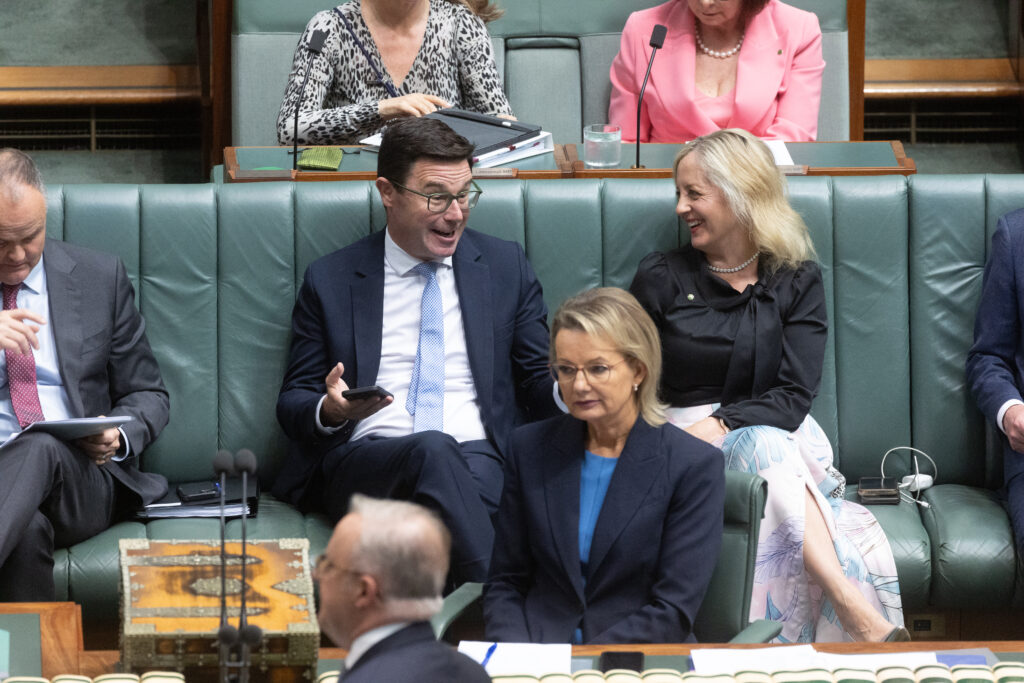

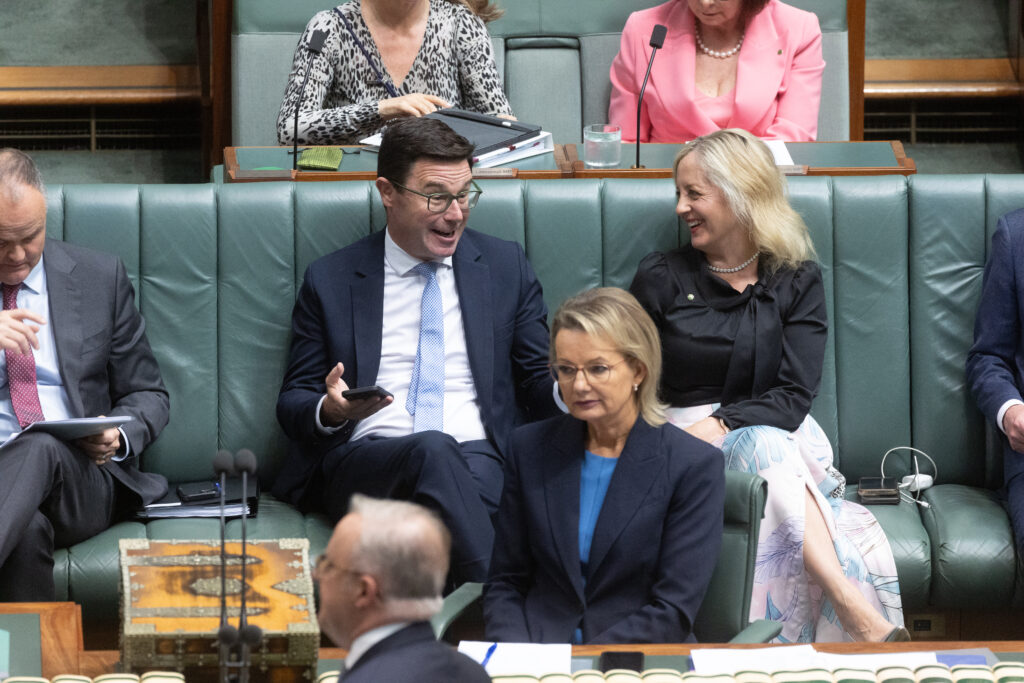
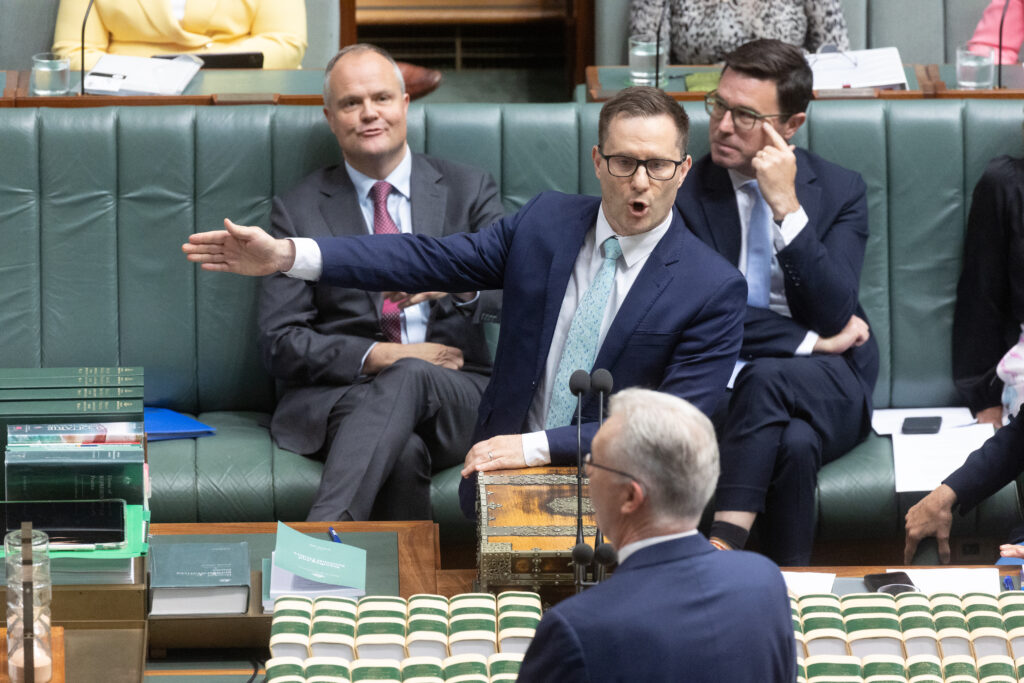
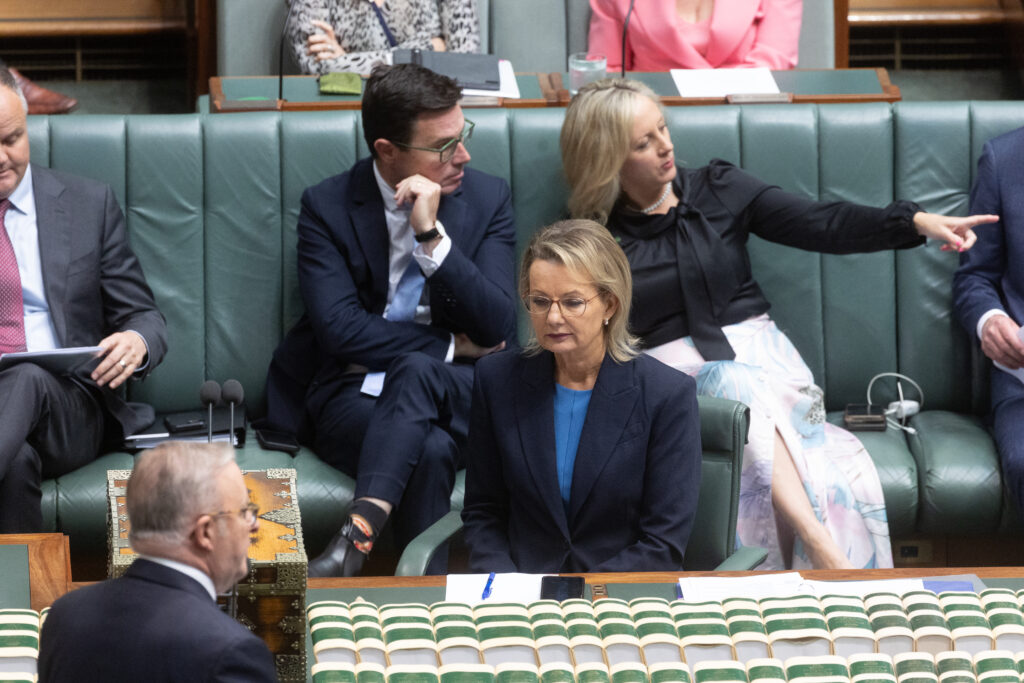
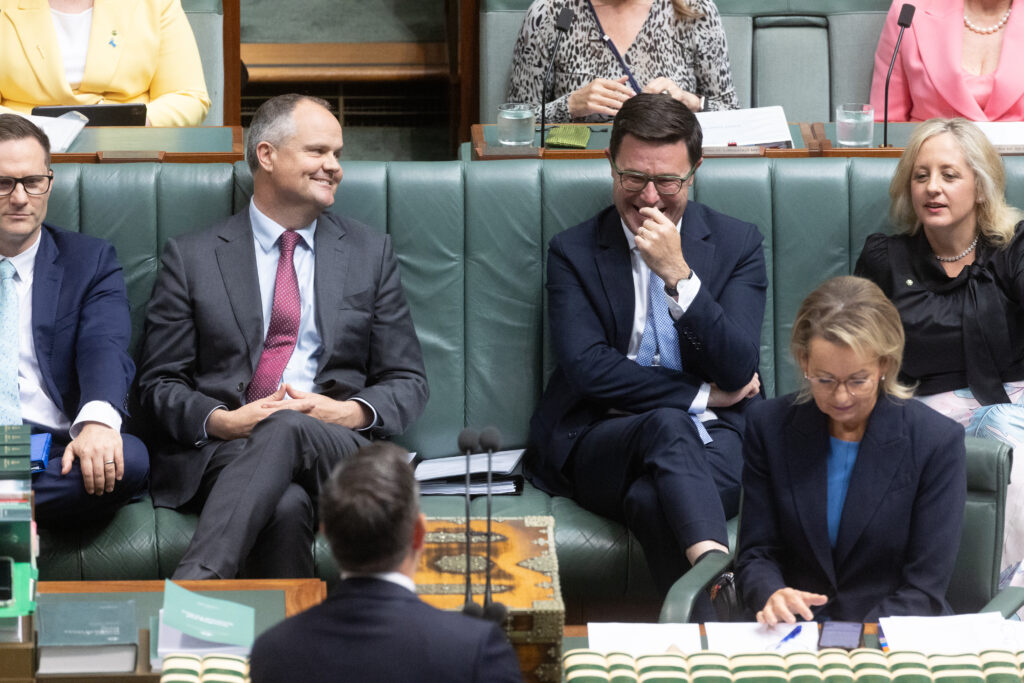


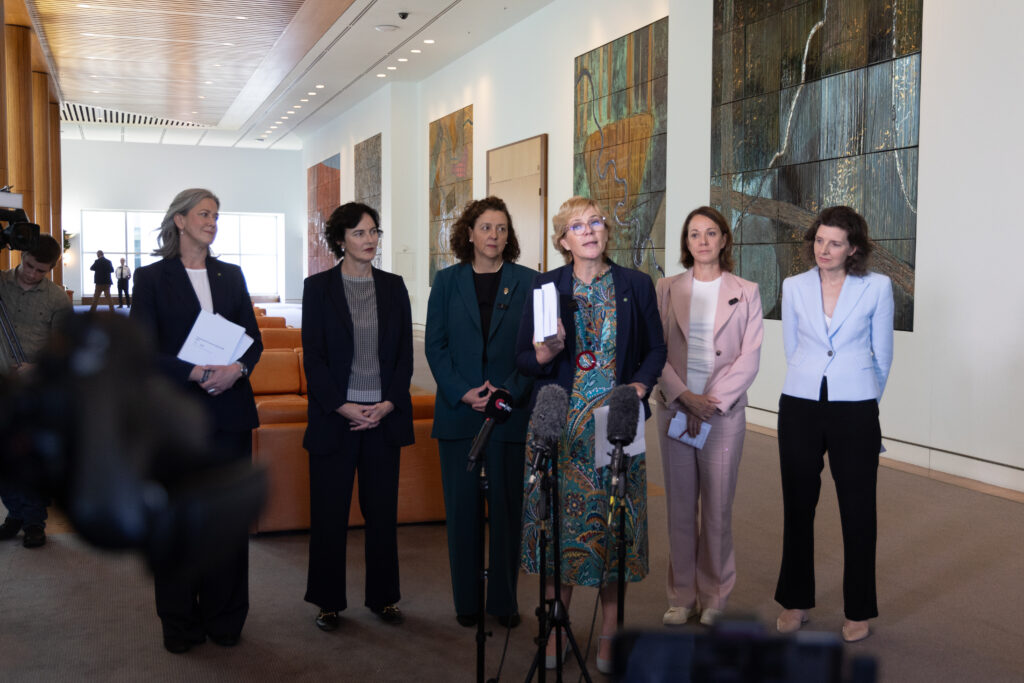
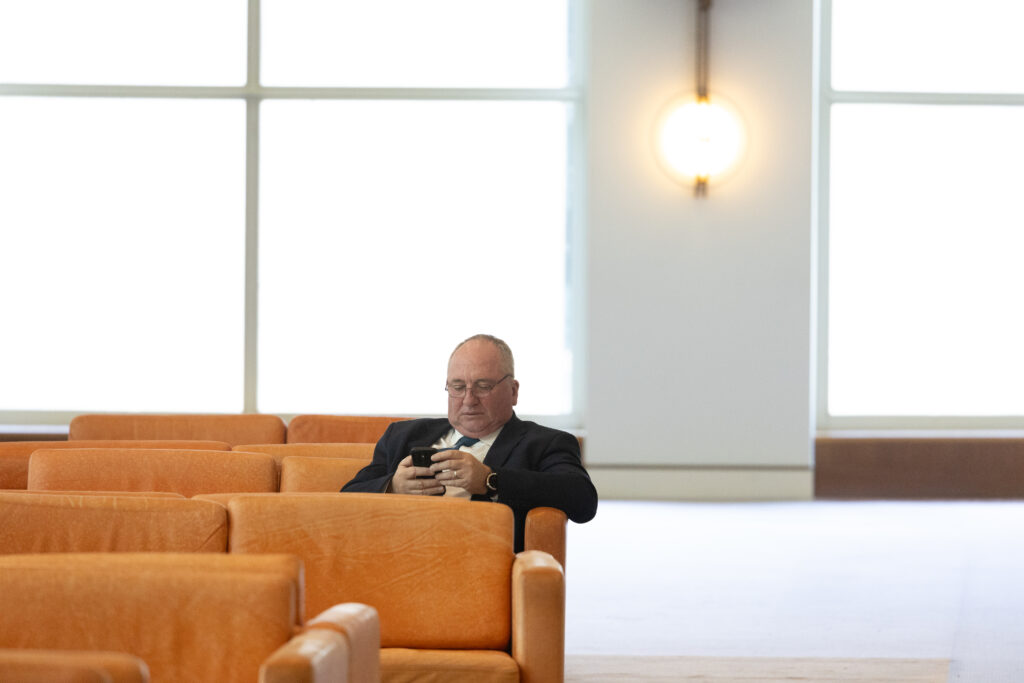
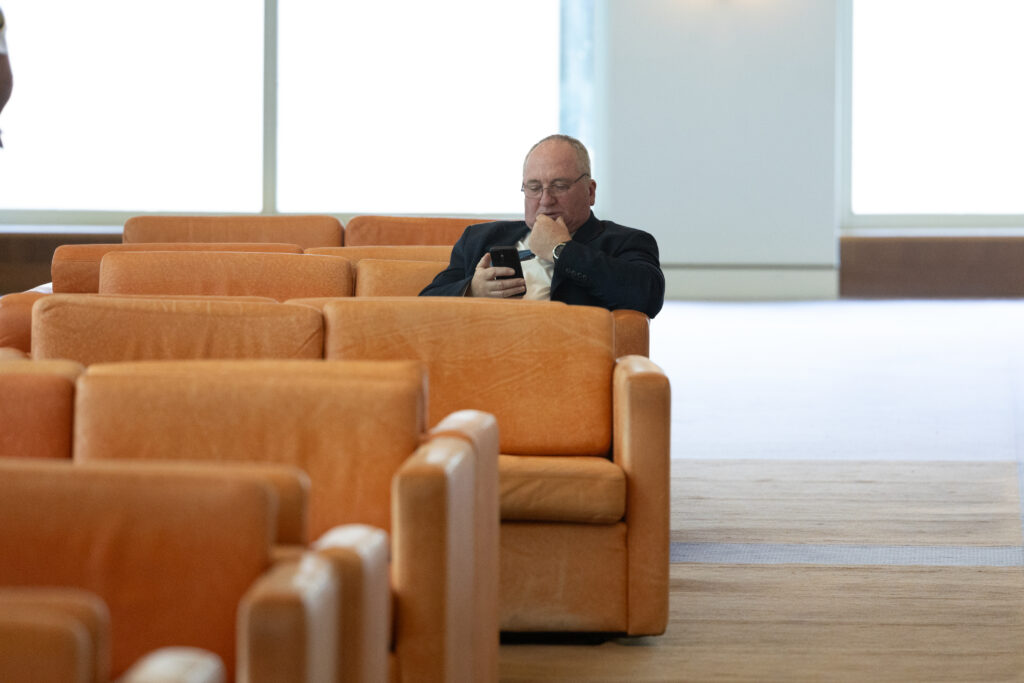
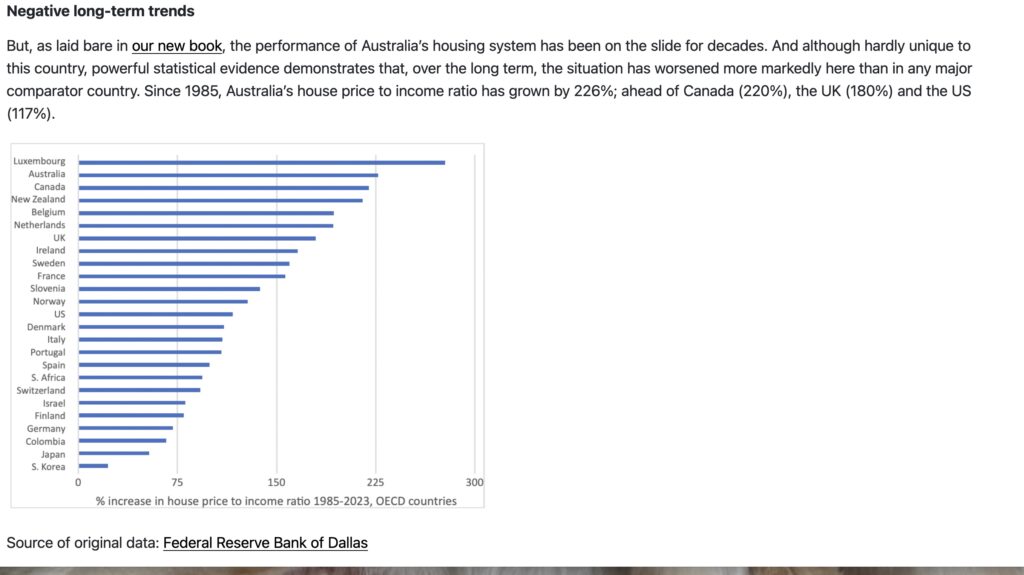




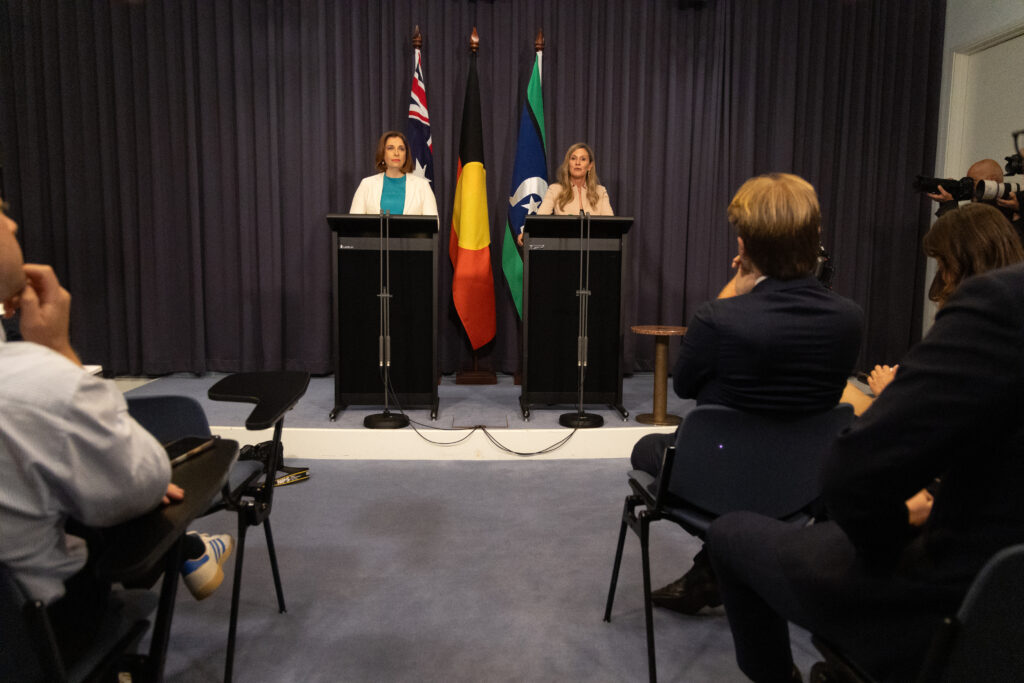
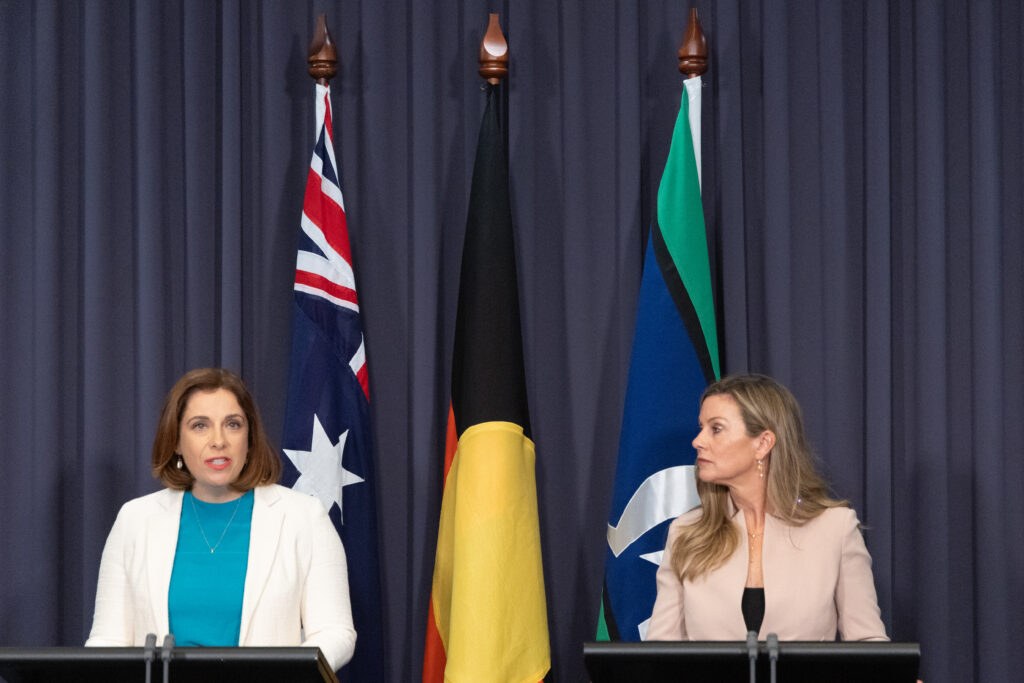
Comments
Start the conversation